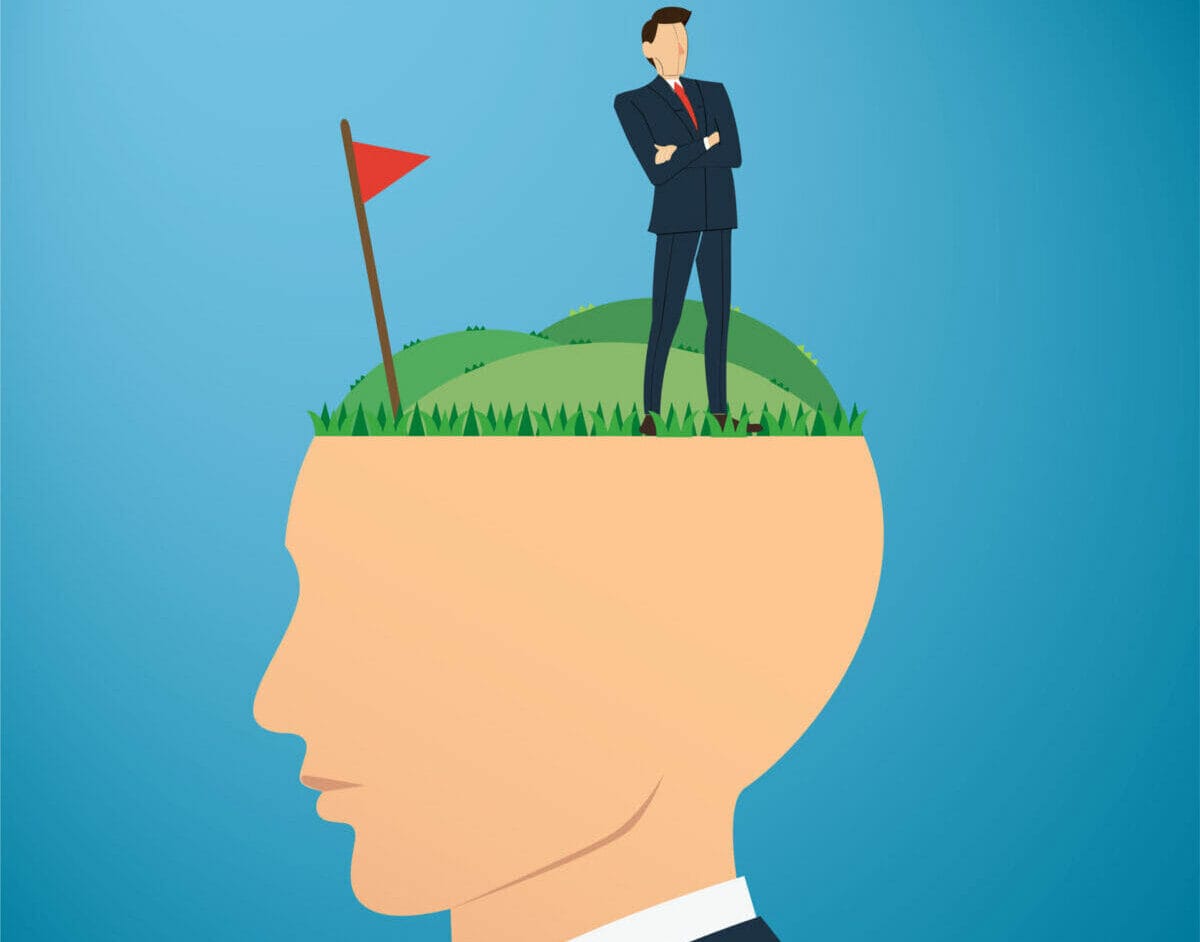Being a sports fanatic who spent the best part of a decade married to a psychologist, the topic of sports psychology was effectively common ground. One interesting aspect of psychological theory is that nothing is ever definitively proven – at best, research findings will suggest causes of human behaviour, but to confuse correlation and causation is a major faux pas.
And being the contrarian I am, I would be quick to point out that the efficacy of mental gurus is questionable at best. But that’s not to say they can’t have their place. While I have a sneaky suspicion that most of the mind doctors connected with professional sport are snake-oil salesmen, there are others whose body of work suggests otherwise.
But again, it’s causation versus correlation, and that’s a vicious circle. For the record, we’re no closer to solving the riddle now than when we first locked horns on the topic a decade ago, but I’ve always felt that shrinks find themselves in a no-lose situation. Any upturn in a player’s fortunes is directly attributed to their work on the mental side of the game, but if their form dips or plateaus, then they are clearly a basket case, incapable of being helped.
Of course, that’s a simplistic view, but one that I’ve seen repeated ad nauseam. For example, when Luis Suarez returned from suspension in the wake of racist remarks and biting and promptly propelled Liverpool to the top of the Premier League, it was reportedly due to his work with Dr. Steve Peters. When the Uruguayan sunk his teeth into Claudio Chiellini a few months later, Peters’ name was conspicuous by its absence in the reporting that followed.
Many professional sportsmen and women are superstitious by nature, and golfers are no different. I’ve heard players admit to only ever using white tees, I’ve heard of players who refuse to change their ball after a birdie, regardless of how scuffed it may have become, and on the flipside, Ernie Els will change his ball every time he birdies a hole due to his belief that each ball only has one birdie in it.
Personally, I hold no superstitions. I have no hesitations walking under a ladder, I’ve spilt salt and resisted the temptation to throw it over my left shoulder, I’ve put new shoes on a table, opened an umbrella inside, and moved into a new house on a Saturday. Any subsequent good or bad fortune I’ve attributed to chance and coincidence, but I do realise that this may place me in the minority, and if superstitions work for you – or you think they do – then more power to you.
When it comes to the modern professional game – like with so many aspects – there is arguably no better example of the psychological enigma than Rory McIlroy. Generally, stubborn patients don’t make for good psychoanalysis for obvious reasons, and McIlroy’s stubborn streak has become something of legend at this stage. Yet for all his obstinacy, I can think of few players to rival the Irishman when it comes to psychological experimentation.
A self-confessed avid self-help book reader – another fraudulent enterprise if you ask me – Rory has tried his hand at juggling before his rounds as a way of concentrating the mind, he’s tried meditating, he’s tried approaching big tournaments as if they are ordinary weeks, he’s tried approaching them as if they are anything but ordinary, in fact, it seems like he’s tried just about every mental tactic going, which I take as proof that McIlroy gives greater credence to the field than I do.
All of which made his recent admission that Bryson DeChambeau had gotten inside his head all the more astounding. To his credit, in a sport where players often go entire careers without saying a single interesting thing to reporters, Rory with a microphone is box-office material. Without going so far as to say that he is always 100 percent honest, he is often more honest than he needs to be, and the Bryson acknowledgement is one such example, and is a solid indicator that one of the finest golfers of his (or any) generation is battling mental demons in one guise or another.
And yet, for somebody who appears to believe that psychological hurdles are the hardest to conquer, to the best of my knowledge he has never engaged the services of a dedicated sports psychologist for any considerable period of time, which seems a little bizarre given the “no stone unturned” approach he’s displayed over the past six or seven years.
Maybe it’s his previously mentioned stubborn streak, maybe he’s keeping the media in the dark about his mental coach or maybe it’s because deep down he has the same sceptical view on therapy that I do.
Whichever, a Rory McIlroy on top of his game makes golf a much more exciting product, and media and fans alike yearn for him to rediscover the form that saw him capture four major titles by the age of 25. If I have to eat humble pie because a sports psychologist gets all the credit, then that’s a sacrifice I’m willing to make.
But I’m not betting on it.
























Leave a comment